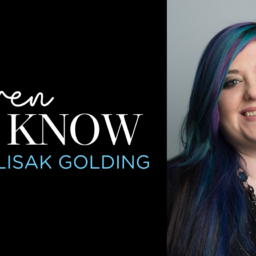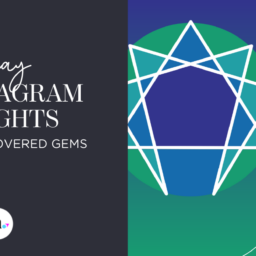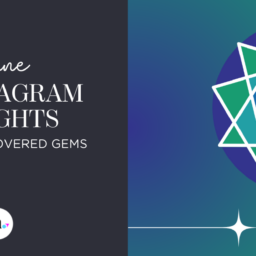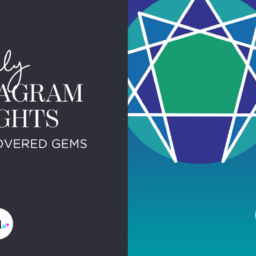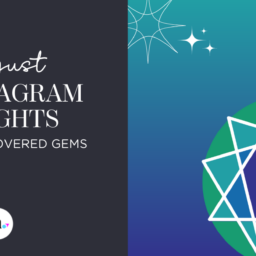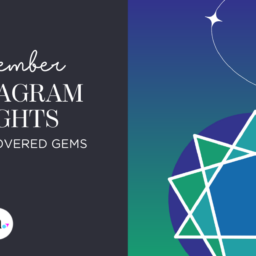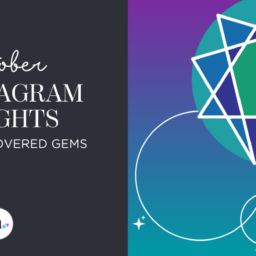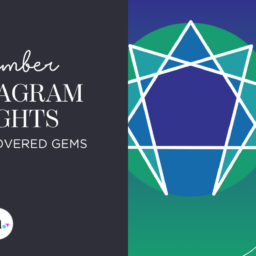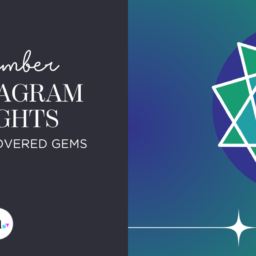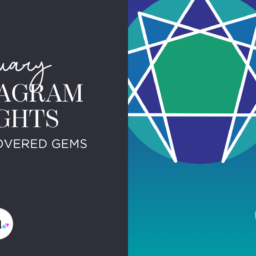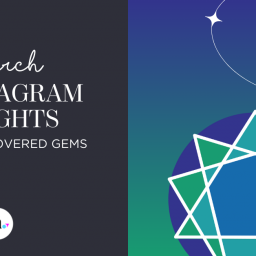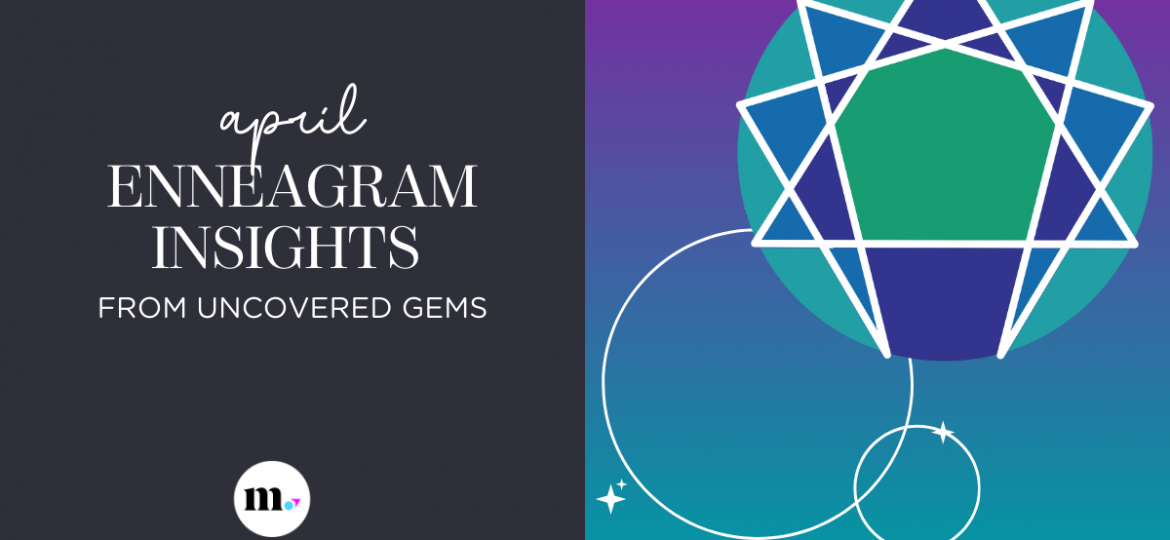
 Welcome to Indy Maven’s Enneagram column coming by way of Jenn Lisak Golding of Uncovered Gems. Check out her website for even more info from the world of Enneagram, or to book a private session.
Welcome to Indy Maven’s Enneagram column coming by way of Jenn Lisak Golding of Uncovered Gems. Check out her website for even more info from the world of Enneagram, or to book a private session.
Editor’s Note: Want to learn more about how you can elevate your growth journey using the Enneagram? Don’t miss our April Meetup featuring Jenn Lisak Golding at Maven Space on April 16, 2024. More info and tickets here.
In the past, we’ve discussed the facets of each Enneagram type and their core motivations. For many, identifying their Enneagram type can be validating and refreshing. For me, it was an incredibly emotional and cathartic experience; I felt seen for the first time. It was okay for me to be the way I am, and knowing there are others out there who think and operate just like me was life-changing.
However, during my work, I’ve encountered individuals who were saddened, frustrated, or resistant to their Enneagram type. They felt it was not representative of them or that being a specific Enneagram type was negative. This can indicate deeper issues—namely, self-worth and, by extension, self-love.
Every Enneagram type is essential, with no type better than another; each brings unique gifts to the world. So what if you’re struggling to accept your number?
First, ensure you’ve been typed correctly. While online tests have improved, they’re still only about 60-65% accurate. For best results, undergo a typing interview with an Enneagram professional who can ask the right questions to narrow down your type.
Consider that you may be a countertype. Your primary instinct may not match the “stereotypical” description of that type. This means your Enneagram type presents differently, and that’s okay.
Examine why you resist accepting your Enneagram type (assuming correct typing). The answer can shed light on challenges in your self-growth journey. Acceptance of oneself is crucial; it enables focus on fostering healthy behaviors and reducing unhealthy patterns. Without acceptance, growth is hindered.
Seek perspective from trusted confidants. Ask if your Enneagram type resonates with them and why. Also, inquire about your positive attributes and, when ready, seek constructive feedback on areas for growth. Constructive feedback is a gift, not an attack.
Being introspective is challenging. Once I learned my Enneagram type (Type 2), I understood past actions and how to adapt in the future. Knowing my type didn’t erase past mistakes but helped me learn and move forward. Focus on the present and the future.
Whether you immediately accept your Enneagram type or have reservations, we are multi-faceted humans with unique journeys. Embrace the bumps and appreciate the journey to where we want to be. Loving oneself is crucial.
Jenn Lisak Golding is a certified Enneagram coach through The Art of Growth and the face behind Uncovered Gems. She is also the founder and owner of the sister brand Sapphire Strategy, a measured marketing agency. As a long-time fan of emotional intelligence, Jenn is passionate about helping individuals, teams, and leaders on their personal and professional growth journeys.
All of our content—including this article—is completely free. However, we’d love if you would please consider supporting our journalism with an Indy Maven Digital membership.








